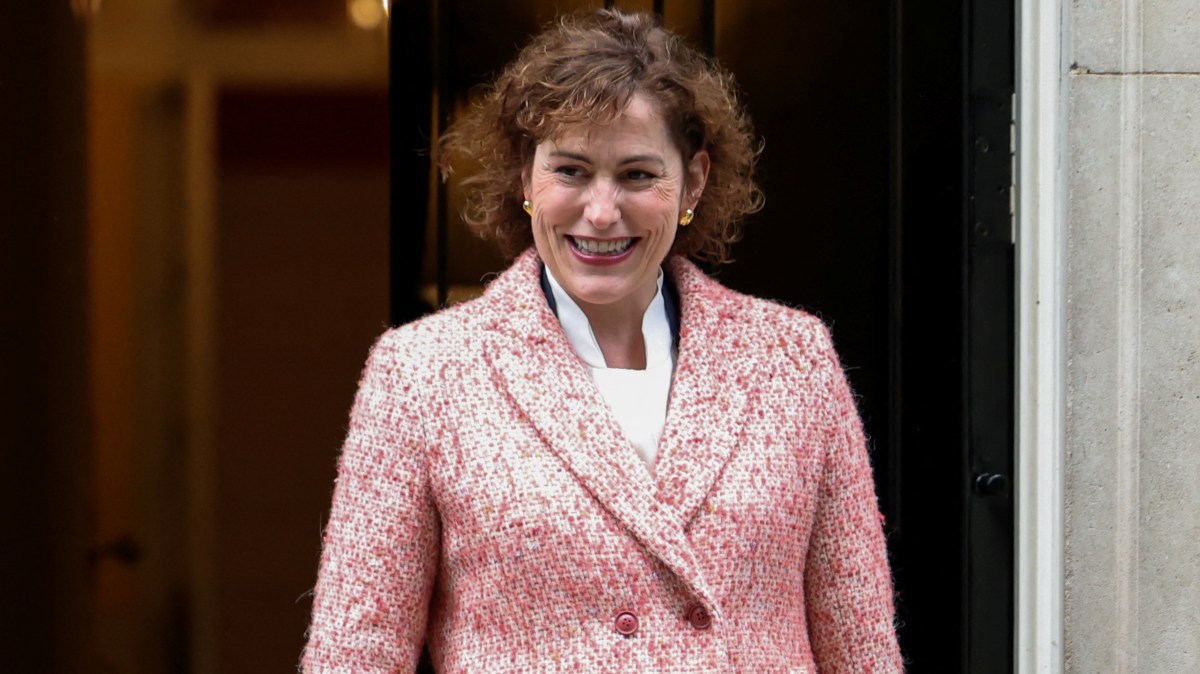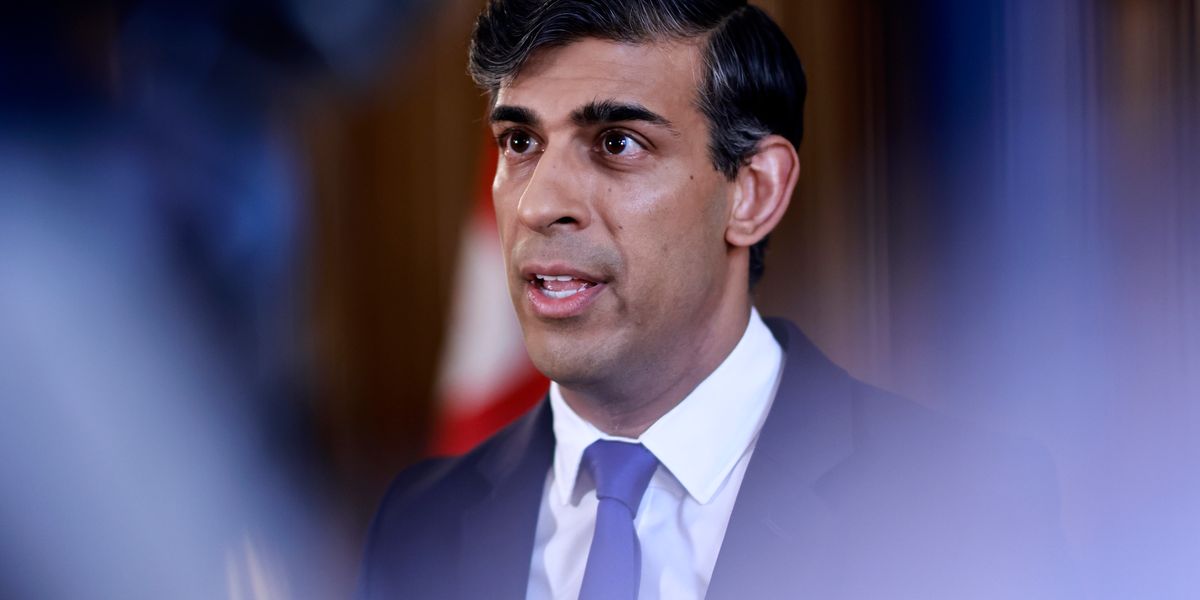Reducing public debt and government borrowing was one of the five pledges the prime minister made to the American people; however, the latest figures are disheartening for him to read.
Official data revealed that government borrowing and debt increased in November, casting doubt on the fulfilment of one of the prime minister’s most important pledges.
From April to the final month of the fiscal year, borrowing increased to £116.4 billion.
That is the second-highest since records began in 1993, according to data from the Office for National Statistics (ONS). Compared to the same period last year, it is an increase of £24.4 billion.
The net debt of the public sector as a whole stood at £2,671.4 billion as of the conclusion of November.
This caused the debt-to-GDP ratio, which measures economic growth and encompasses all goods and services produced in a country, to increase by 1.8 percentage points to approximately 97.5% from the previous year.

The ONS reports that this is a level not seen since the early 1960s.
The level of debt in relation to GDP surpassed 100% in May of the present year.
Allegations, Record Borrowing, and Inflation Impact
November marked the fourth-highest amount borrowed by the public sector since records began: £14.3 billion, a £0.9 billion decrease from the same month in 2022.
The prime minister is alleged to have caused “confusion.”
It follows Prime Minister Rishi Sunak’s characterization by the UK’s statistics watchdog as falsely asserting to have reduced public debt.
According to the UK Statistics Authority, the prime minister’s declaration that “debt is falling” potentially engendered “confusion.” This eroded confidence in the government’s statistical methodology.
The November cost of borrowing reached its greatest level since this record began being published in 1997.
Due to rising borrowing costs from inflation, state interest payments rose to £7.7 billion this year.
An objective of Mr. Sunak is to mitigate government debt, which occurs when expenditures exceed revenue generated from taxes.
Laura Trott, chief secretary to the Treasury, stated in response to the data that the government “was justified in spending billions protecting people” throughout the pandemic and in the aftermath of Russia’s invasion of Ukraine.
She added, “However, we cannot expect our children and grandchildren to pick up the tab.”
She stated that the government was “making challenging choices” to increase productivity, reduce inflation, and manage borrowing.





